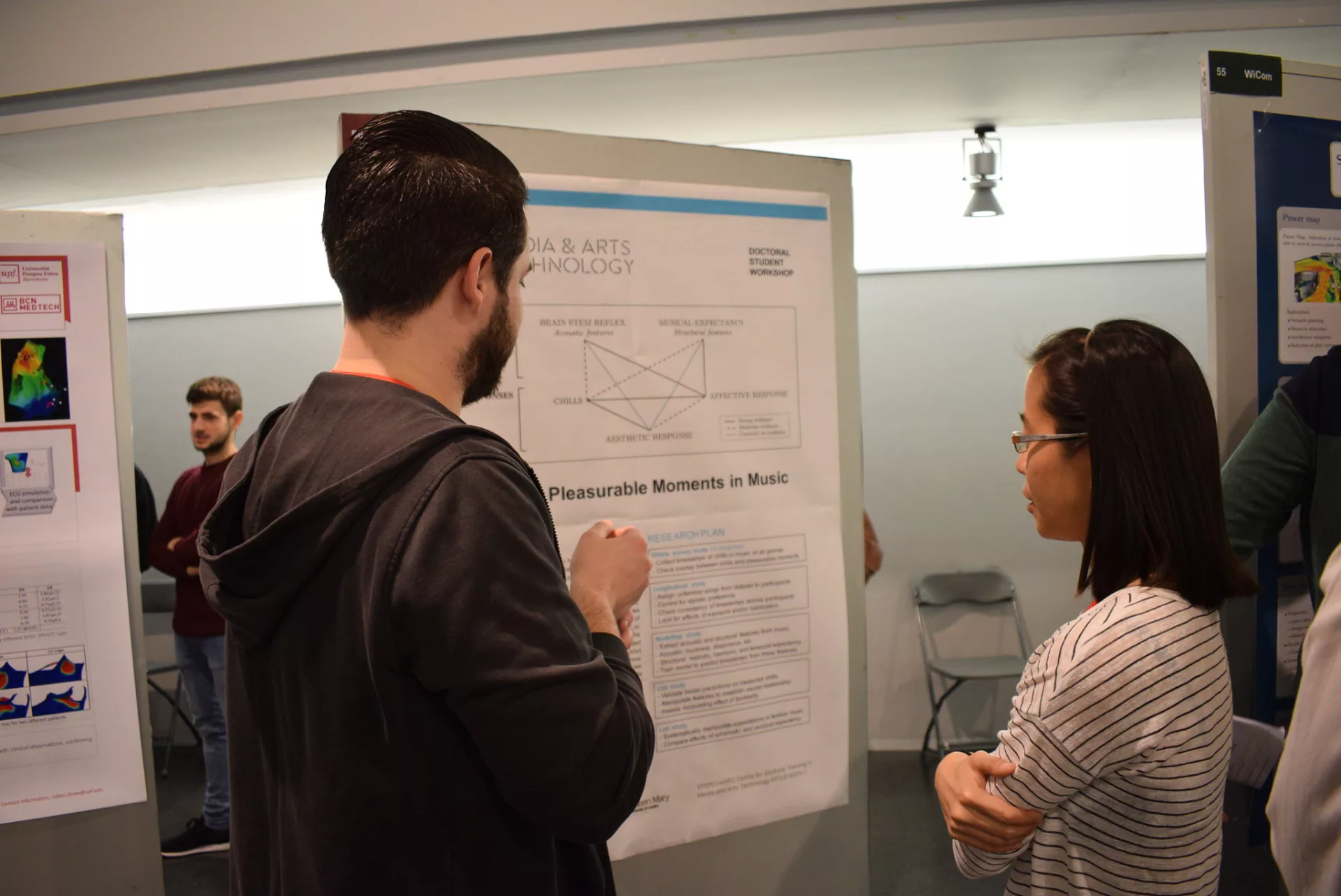A new award will back an innovative training programme and external engagement for students to become modern leaders in impactful social science research. Funding from the Economic and Social Research Council (ESRC) will support 31 five-year studentships through the Grand Union Doctoral Training Partnership (DTP). The DTP brings together Oxford, The Open University, and Brunel University London.
The extra funding by the universities and Oxford colleges means the Grand Union DTP from October 2024 will likely increase studentships to 45 per year, 38 based in Oxford.
DTPs assemble a consortium of research organisations, offering tailored training for doctoral research students in interdisciplinary or subject-specific areas in the social sciences.
It will include data, big data, behavioral science, AI and machine learning skills. It will incorporate professional development skills: leadership, project management, communication and enterprise. Once piloted via the DTP, the courses will become more accessible to other research students.
Notably, the funding supports a “research-in-practise” element, enabling DTP students to practice their skills with external partners, both academic and non-academic. Studentships will be funded for 3.5 years, where all students will engage in a placement or internship in academia, policy, business, or a third-sector body.
The ESRC Executive Chair, Stian Westlake, stated the new opportunity will “enhance the experience for PhD students and boost the UK’s capability.” It will “develop globally competitive social science researchers” across a range of sectors with a “diversity of backgrounds and experiences.”
Associate Head of the Social Sciences Division and the Grand Union DTP Director, Rebecca Surender, said it was a “fabulous result for Oxford and its DTP partners.” Oxford will pioneer “enhanced methods training, external internships, and widening participation”. Additionally, she was delighted to have a strong basis to build the new DTP phase and looks “forward to helping to advance the next generation of social science leaders.”



